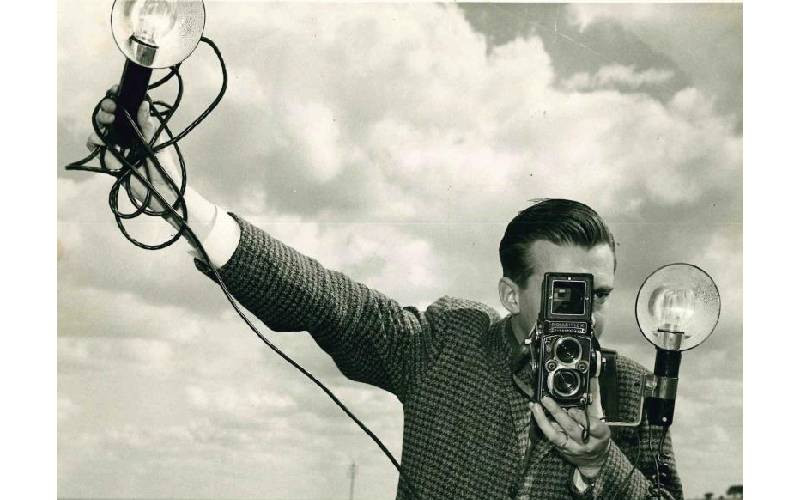×
The Standard e-Paper
Stay Informed, Even Offline

Power is transient and yesterday's aggressor, aided by the government's monopoly of violence, can suddenly be reduced to begging for mercy when fortunes change.
After 70 years of calling the shots, British settlers dreaded the granting of independence to Kenya and when they realised this was unstoppable, they panicked and started pleading for leniency.